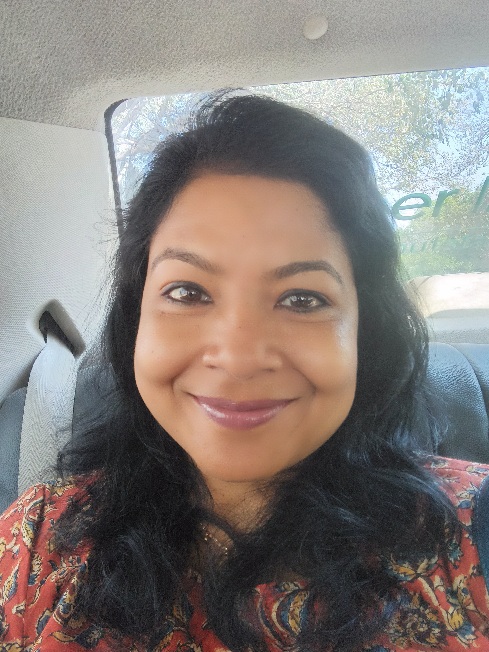During the match between Germany and Japan in the ongoing FIFA world cup at Qatar, the OneLove armband came under the spotlight when it was worn by Germany’s interior minister Nancy Faeser, as she watched the game seated next to FIFA president Gianni Infantino.
The World Cup in Qatar has become about more than just the beautiful game. The OneLove armband, for instance, has become a major flashpoint between teams, FIFA, Qatar with its strict homosexuality laws, and the LGBTQ+ movement.

It is unknown whether, before the month is up, the rainbow coloured armband — a marker of a movement for diversity and inclusion — will win or lose. But, according to Reuters, the company that makes the bands in Utrecht, The Netherlands, is fast selling out its inventory, having shipped 10,000 pieces in the past two weeks.
Story continues below this ad
“Until the summer, demand for the bands was so-so…The big boom came with the World Cup coming up and the statement of FIFA to not allow these captain bands on the field,” said Badge Direct BV CEO Roland Heerkens.
Here’s a look at how the OneLove armbands has become a powerful emblem.
Bringing people together
At the beginning of the football season in The Netherlands in 2020, the Dutch Football Association (KNVB) started a campaign called OneLove. Its aim was to propagate the belief that “differences don’t matter” because all fans and players have a common love for the beautiful game. By wearing the OneLove armband, the players emphasise upon a message to “unite and connect, and that they are against any form of discrimination anywhere in the world.”
Netherlands captain Virgil van Dijk had said at the time, “This is an important message which suits the game of football: on the field everybody is equal and this should be the case in every place in society. With the OneLove band we express this message.”
Story continues below this ad
The campaign does not specifically mention the LGBTQ+ community. Rather it symbolises the pride all people have in their heritage, race, gender identity and sexual orientation. The design of the logo is a heart-shaped flag with rainbow colours and the number ‘one’ in the middle. The rainbow colours have become symbolic of the LGBTQ+ identity ever since gay artist and drag queen Gilbert Baker designed the first rainbow flag in 1978. In the OneLove logo, the rainbow heart sits between the words #one and love.
The international caption of the campaign is “Football has the power to unite people”. It was inspired by a speech by Nelson Mandela at the inaugural Laureus World Sports Awards in 2000. The hero of the anti-apartheid movement in South Africa had said, “Sports has the power to change the world. It has the power to inspire. It has the power to unite people in a way that little else does. It speaks to youth in a language they understand.” Mandela was a sports enthusiast, who believed in the power of sports to bring communities together.
Clash of values in Qatar
The OneLove campaign has received support from several national teams, with captains of Belgium, Denmark, Germany, England, France, the Netherlands, Norway, Wales, Sweden and Switzerland agreeing to wear the armband in their international games. England skipper Harry Kane was seen wearing the OneLove armband at the UEFA Nations League in September. According to KNVB, “The OneLove captainbands have been worn by the captains of the several Dutch teams, captains from every teams in the UEFA Nation’s League, and many captains playing for teams in grassroot competitions”.
Story continues below this ad
The captains of seven European teams were planning to wear the armband at the World Cup to make a statement against host nation Qatar’s laws against same-sex relationships. In the desert kingdom, homosexuality is illegal and football fans visiting from other countries have been cautioned against open displays of affection. Citing Qatari laws, FIFA threatened to punish captains wearing the armband with yellow cards. All seven European teams that had planned to wear the armband abandoned the idea after this. However, the Germany team covered their mouths in their team photo ahead of their opening World Cup match against Japan in apparent protest against FIFA’s ban.








































